-
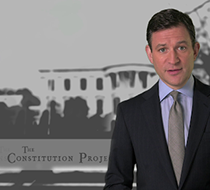
The Constitution Project Series Learn about our award-winning educational documentary series.
-
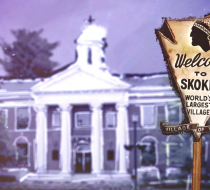
Freedom of Assembly In the 1970s, Skokie, IL was a quiet, small town north of Chicago. Until the Neo-Nazis came calling....
-
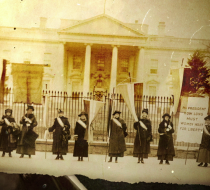
The 19th Amendment: A Woman’s Right to Choose It took over a century of fighting for women to win one of the most basic rights of citizenship: the right to vote.
-
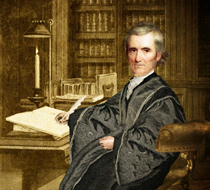
The Supremacy Clause: McCulloch v. Maryland In 1790, Alexander Hamilton founded a bank and sparked a battle over who was really in charge of the new nation.
-
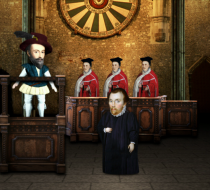
The Confrontation Clause: Crawford v. Washington The Constitution allows people accused of a crime to confront their accuser in court. But what if your accuser is a tape?
-
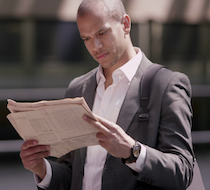
Freedom of the Press: NY Times v. United States Freedom of the Press has been part of the Constitution for over 200 years. For nearly as long we've debated about where that freedom stops.
-
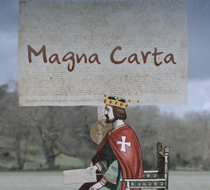
Magna Carta and The Constitution Magna Carta was the beginning of the English tradition of the rule of law and the right to due process. These became fundamental principles in America.
-
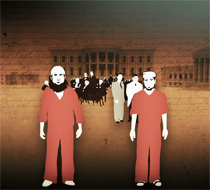
Habeas Corpus: The Guantanamo Cases After 9/11, as America waged two wars abroad, the federal government fought over the balance between national security and civil liberties.
-
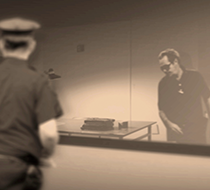
The Right to Remain Silent: Miranda v. Arizona “You have the right to remain silent.” But it wasn’t until Ernesto Miranda’s case that our country determined how best to protect this crucial right.
-
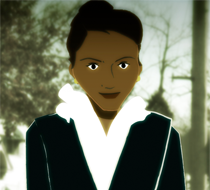
Search and Seizure For most of the 20th century, police didn't need a warrant to search your home. That was before Dolly Mapp fought back.
-
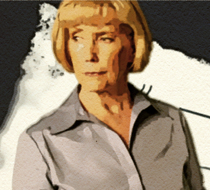
A Call to Act Lilly Ledbetter found out she was being paid less than her male counterparts. She fought for her rights and ended up with her name on the first bill signed by President Barack Obama.
-
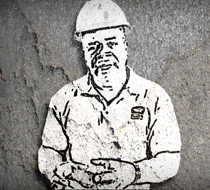
Jury Selection: Edmonson v. Leesville Thaddeus Edmonson had a personal injury case. Not so remarkable on its face. But his case would forever change how civil trials are conducted in the US.
-
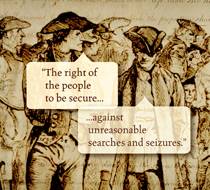
The Bill of Rights Freedom of speech, religion, assembly, the right to a jury trial, these are all protected by the Constitution. But they weren’t in the original version. Many of the framers were against them.
-
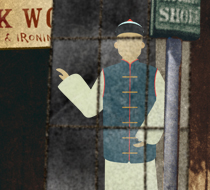
Yick Wo and the Equal Protection Clause Yick Wo wasn’t a citizen. He wasn’t even allowed to become one. But that didn’t stop him from standing up for his rights -- and protecting the rights of us all.
-
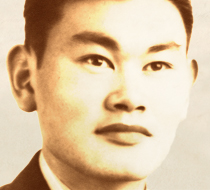
Korematsu and Civil Liberties In 1942, Fred Korematsu was arrested. His crime? Being Japanese-American. He was jailed and for 40 years had a criminal record. Finally he fought back.
-
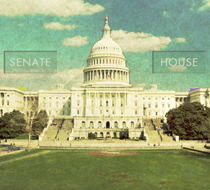
The Making of a Law Congress passes a law, the Executive signs it, and the Judiciary rules on its Constitutionality. Simple enough, right? Well, one small school in Yosemite National Park found out just how difficult passing a law can be.

